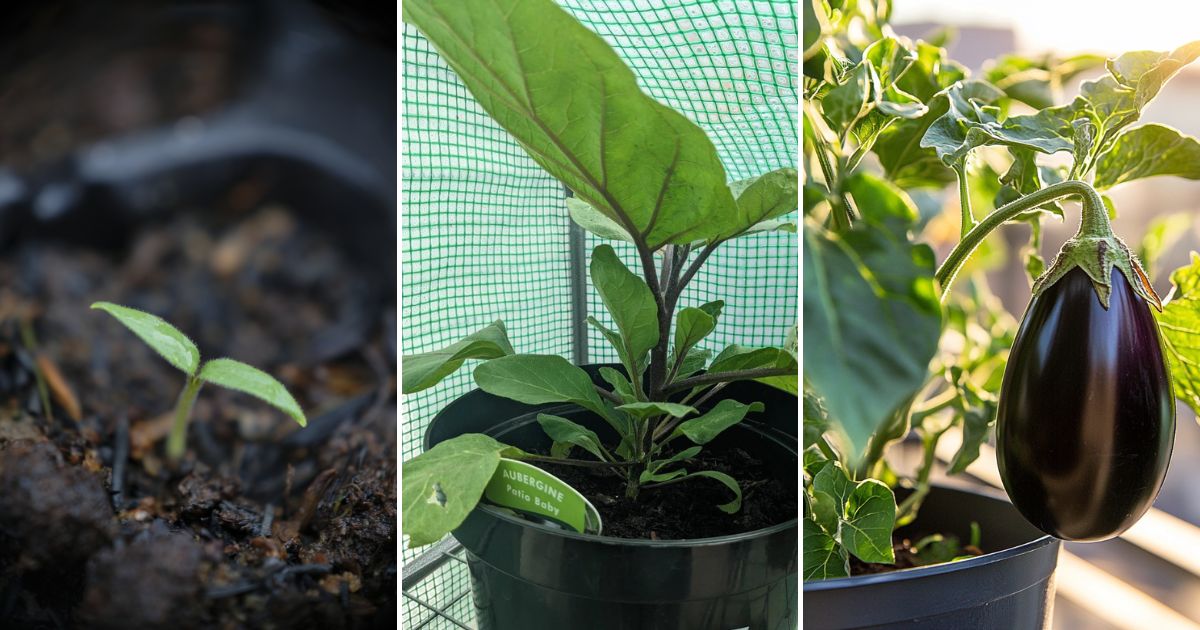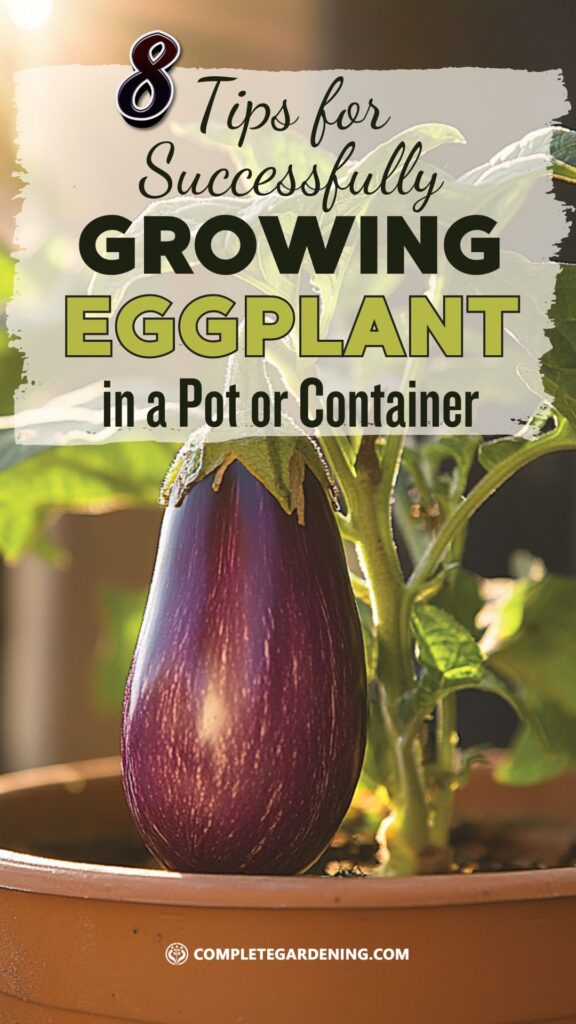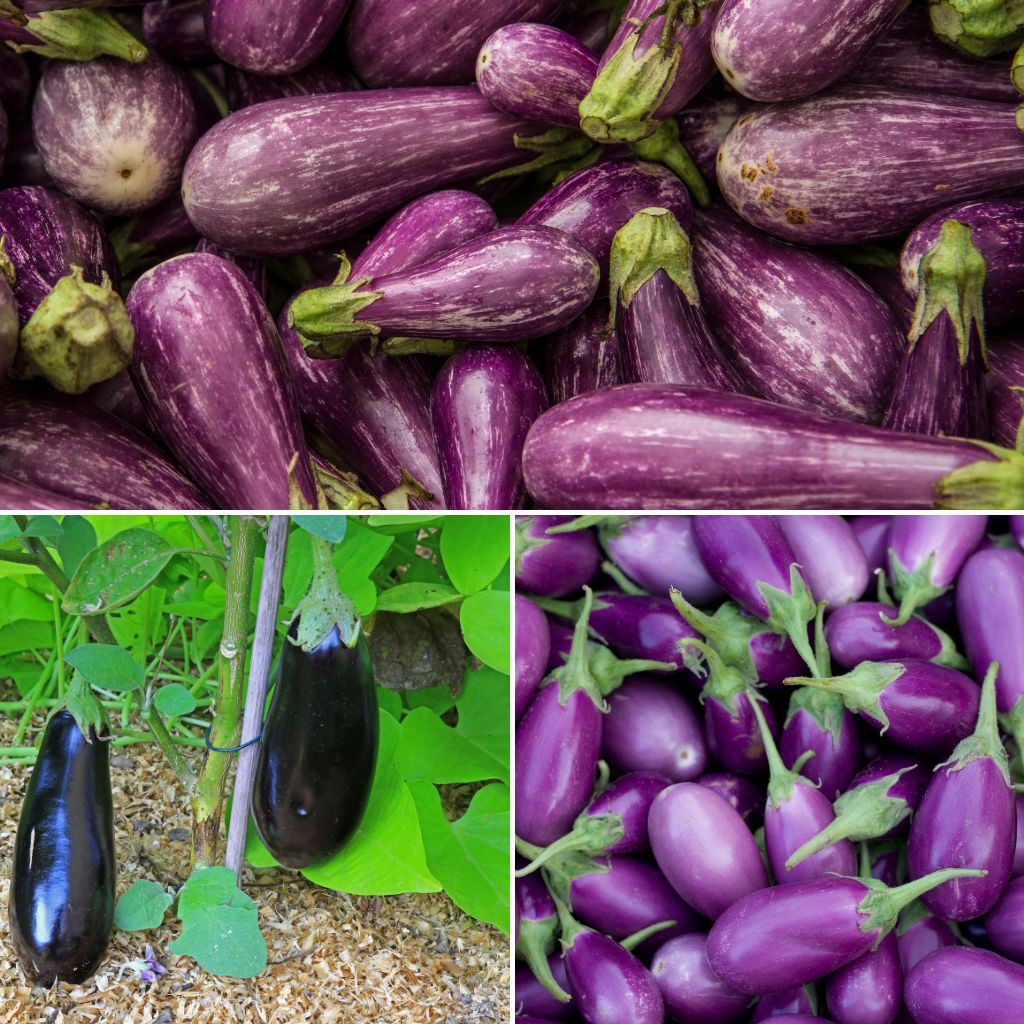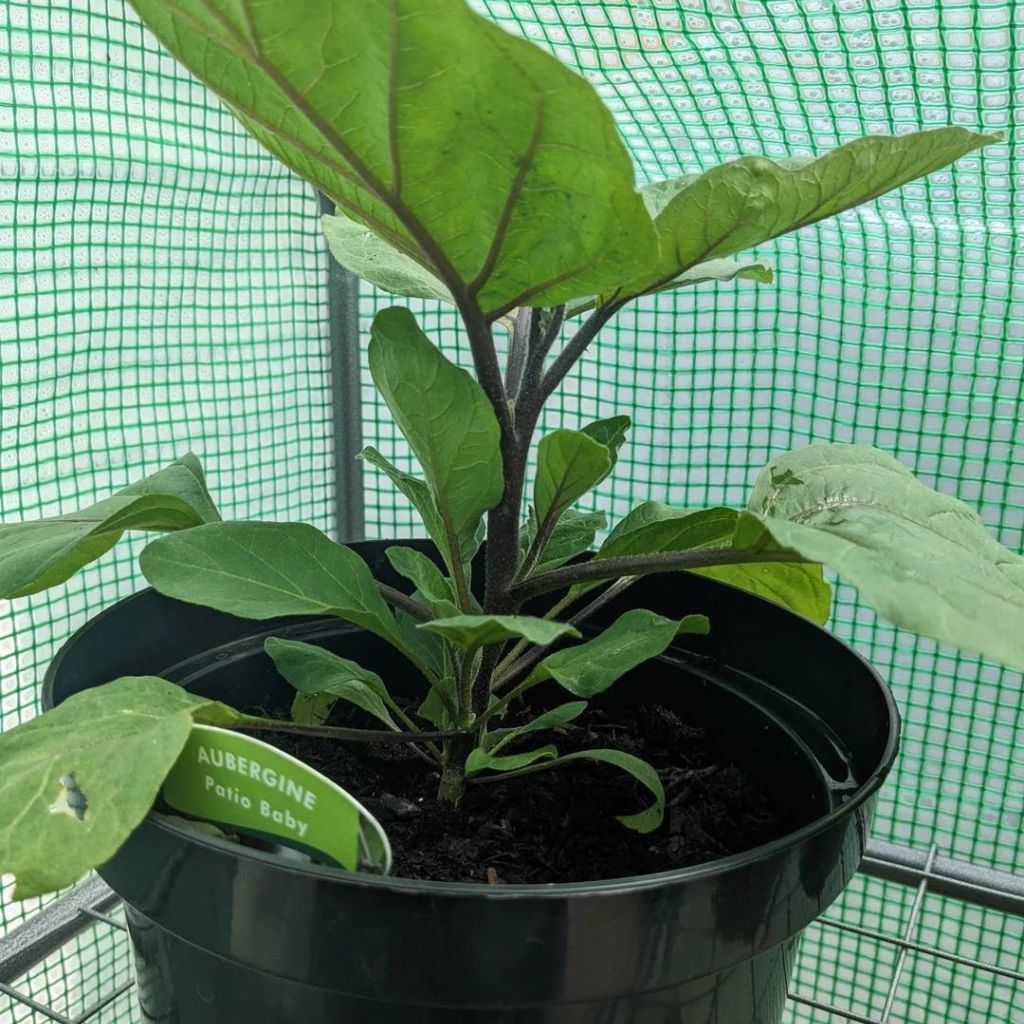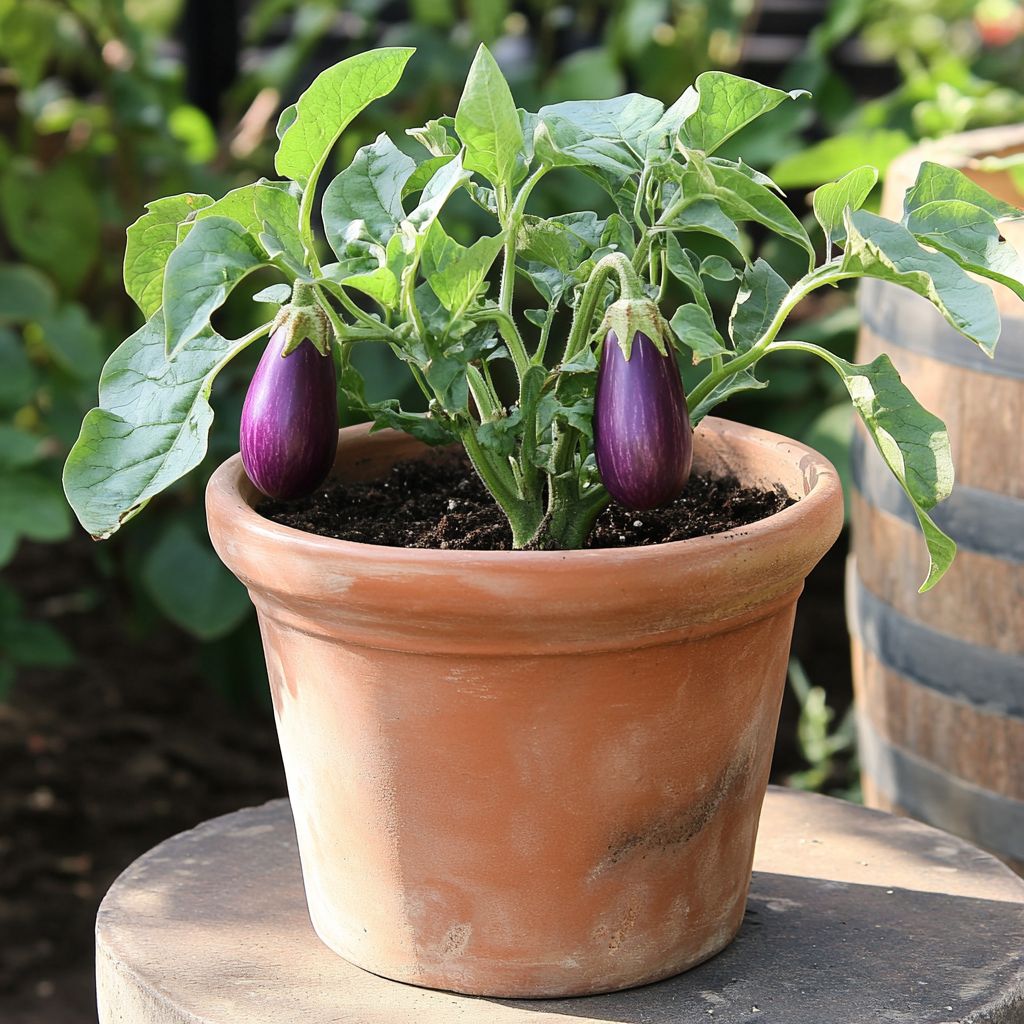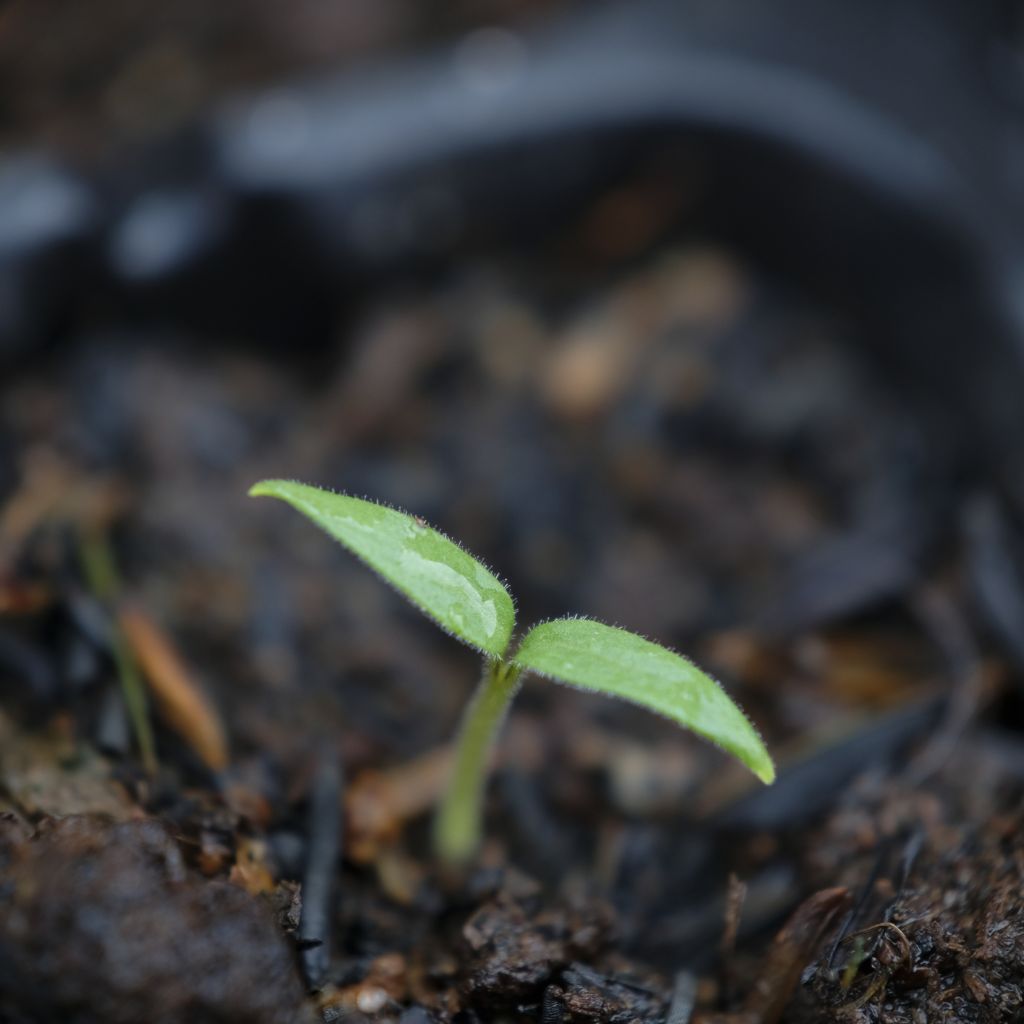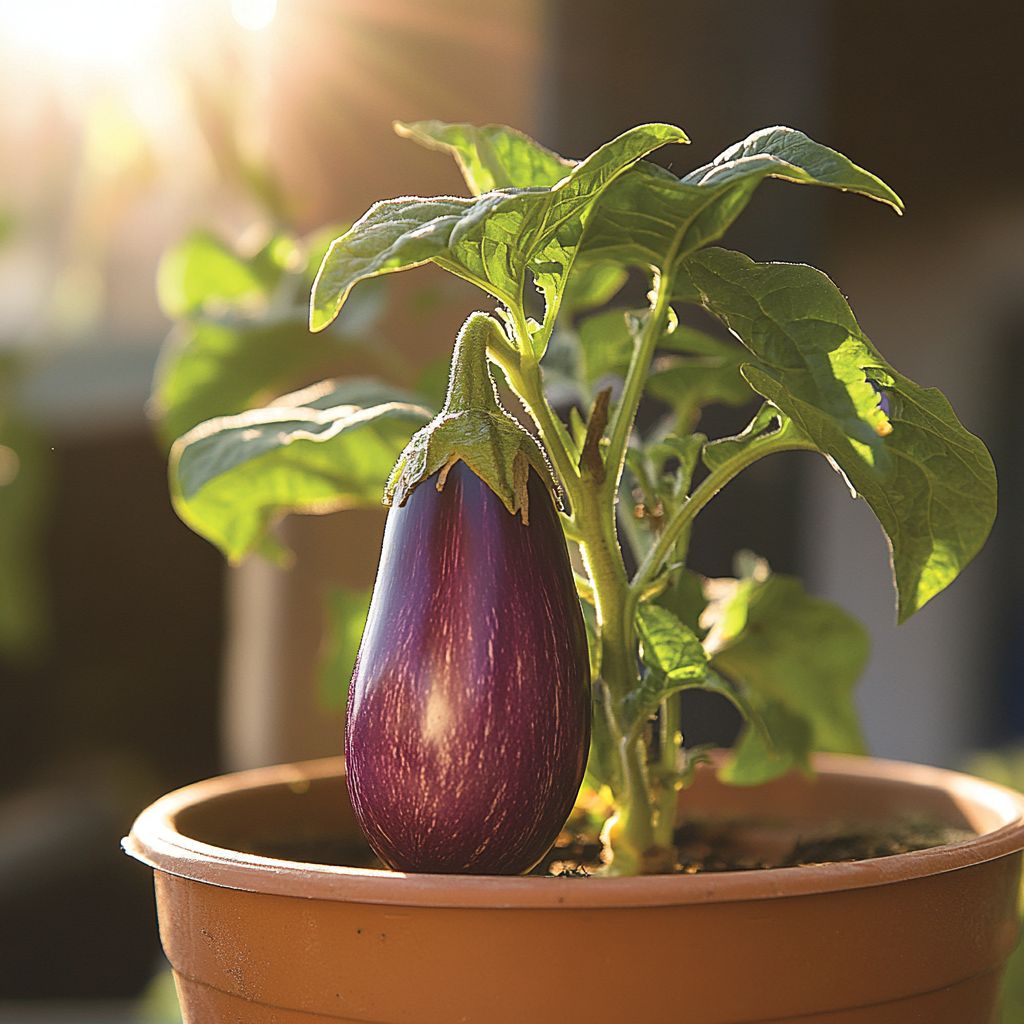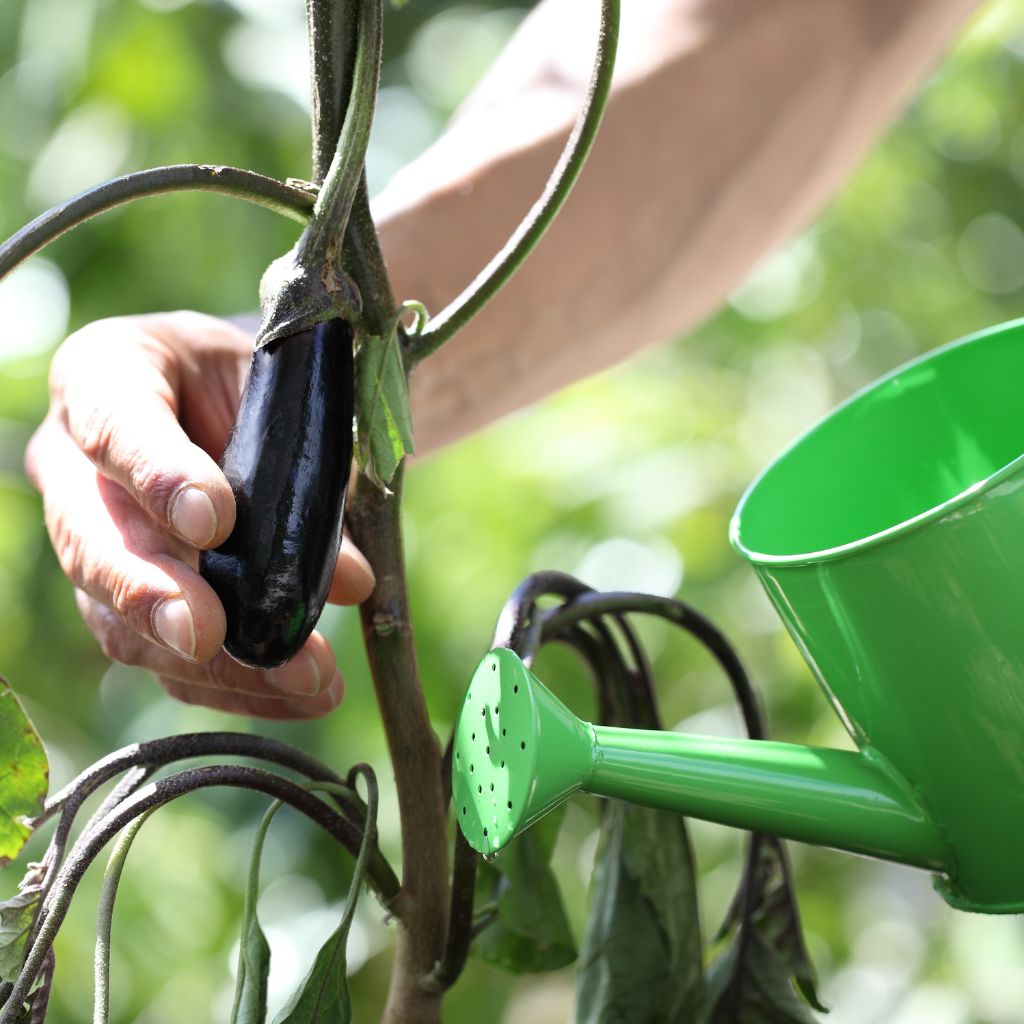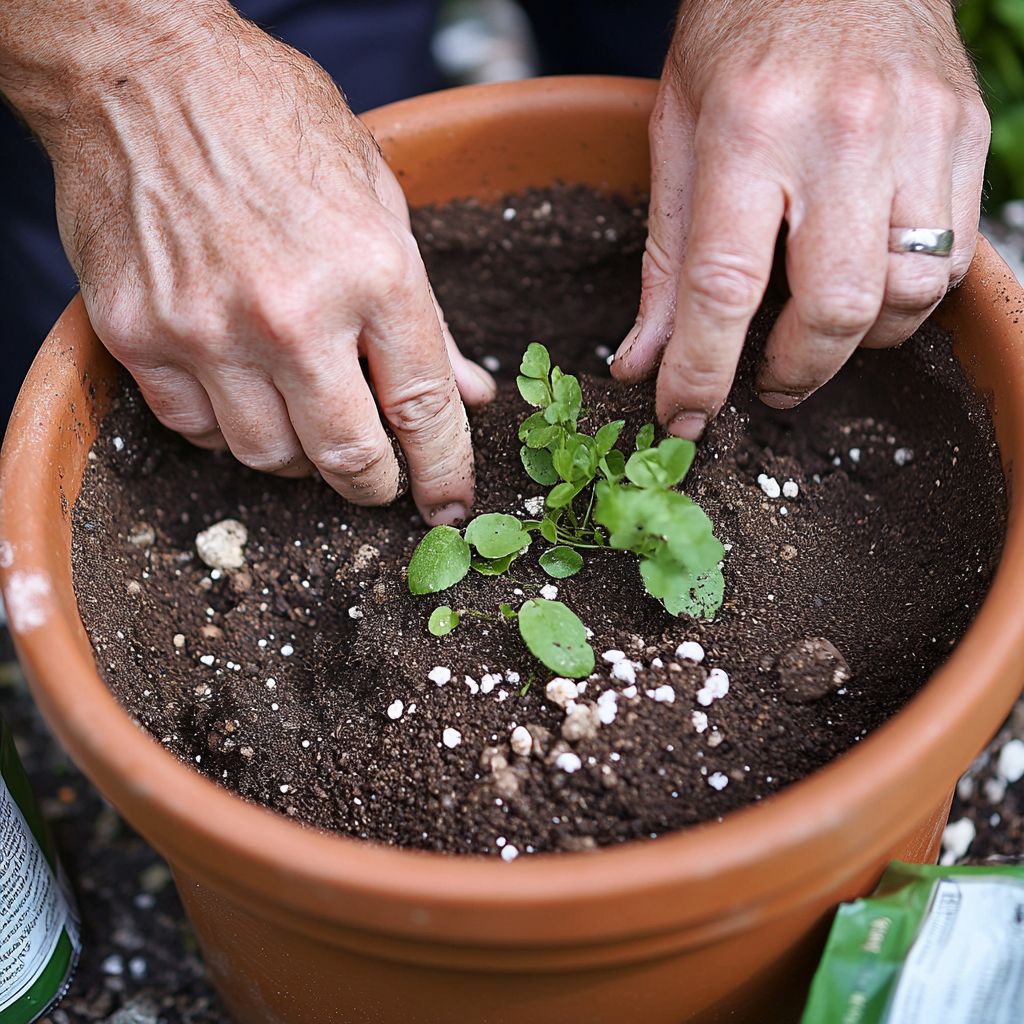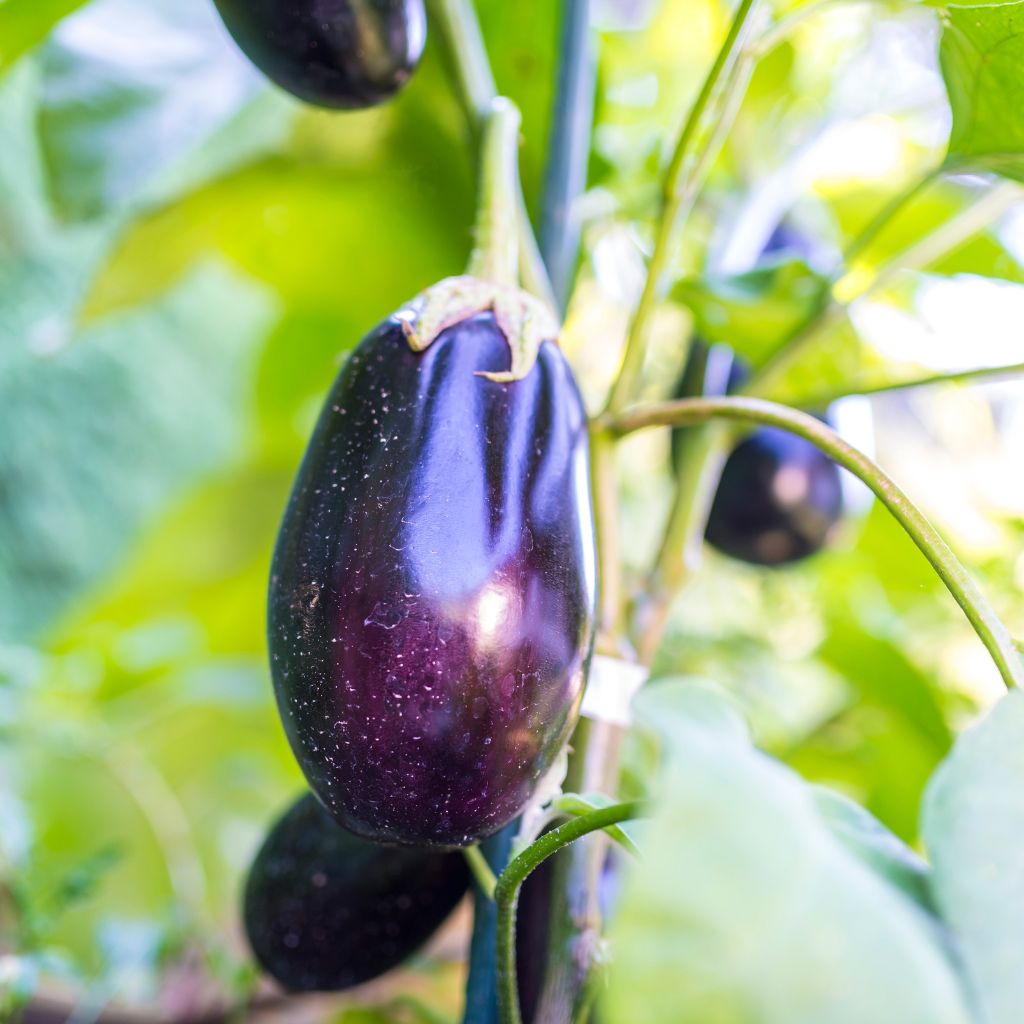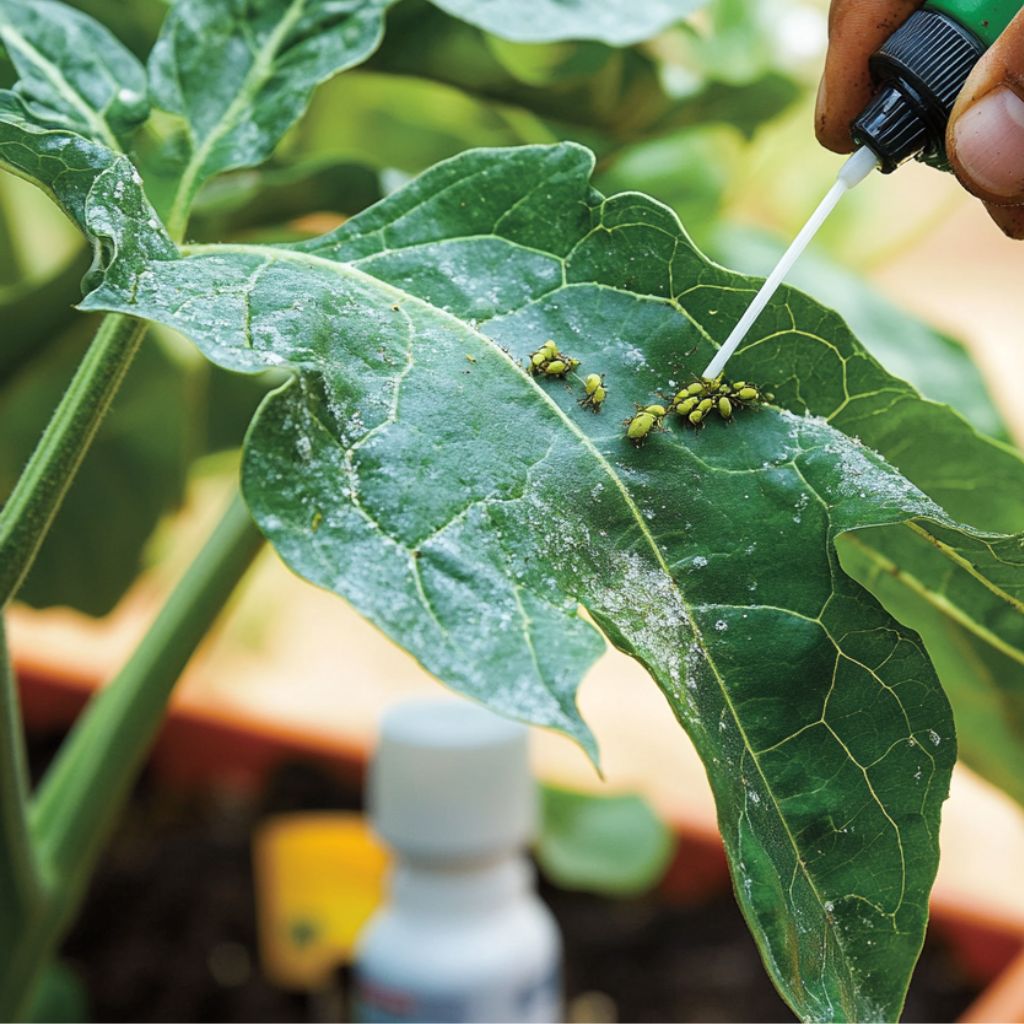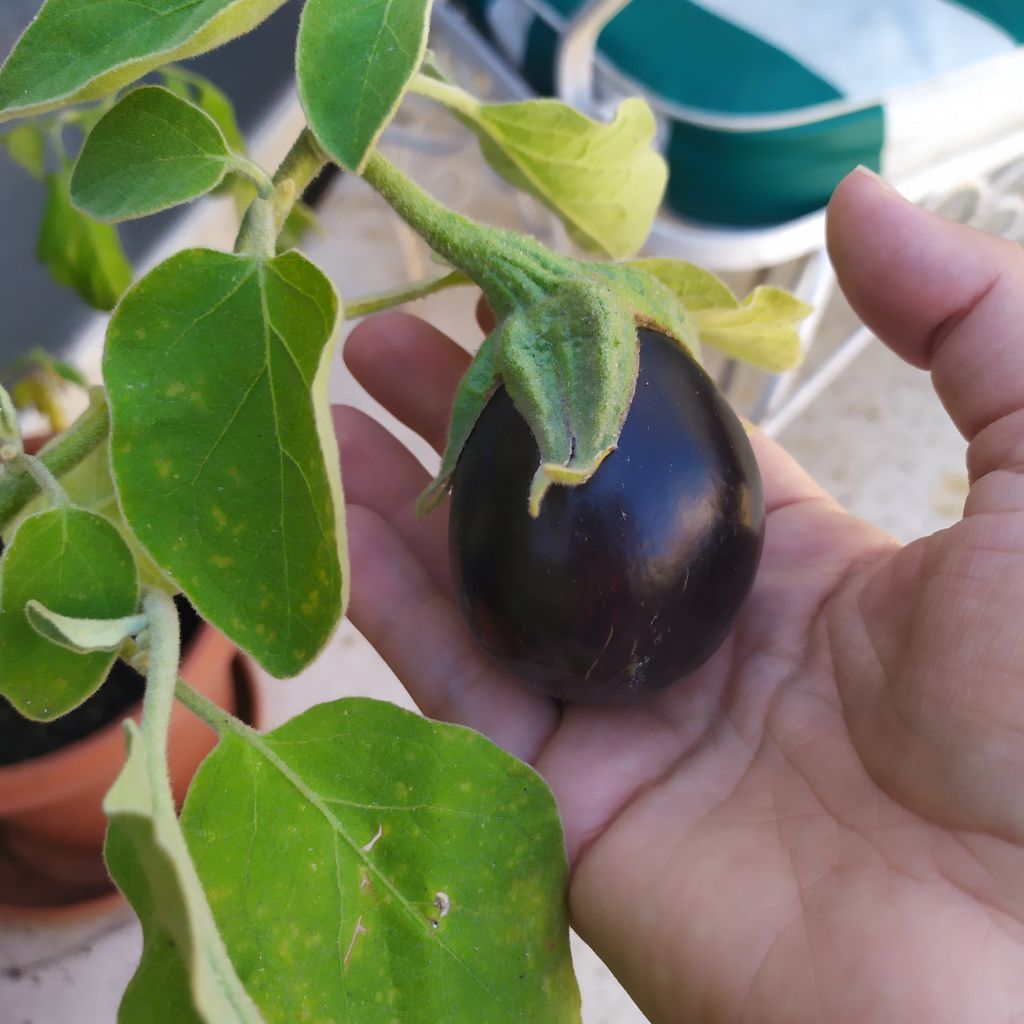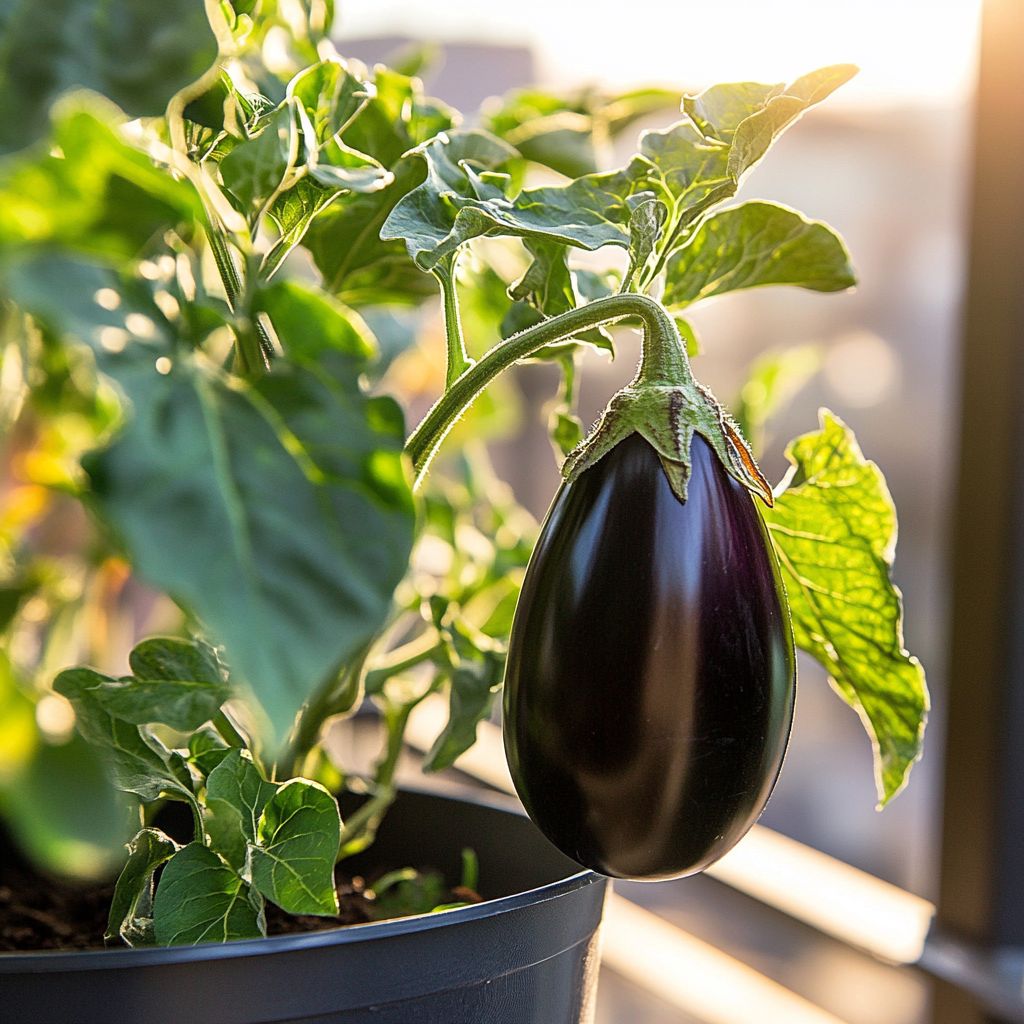Eggplants are a delightful addition to any home garden, known for their vibrant colors and rich flavors. With their large, violet blossoms and glossy fruits, they are as beautiful as they are tasty.
Fortunately, you don’t need a large garden to grow them—eggplants can thrive in pots and containers.
Whether you have limited space or simply prefer the convenience of container gardening, here are eight tips to help you grow healthy, productive eggplants in pots.
1. Choose the Right Eggplant Variety
Not all eggplants are created equal, and when it comes to container gardening, variety matters.
While many eggplant varieties can grow quite large, there are several dwarf or compact options perfect for small spaces. Consider these varieties for container gardening:
Fairy Tale: A small plant producing purple-and-white striped fruits about 4 inches long. It’s perfect for pots and grows well with minimal space.
Hansel: Another dwarf variety, Hansel produces clusters of deep purple fruits that grow up to 5 inches. Its compact size makes it a great fit for containers.
Patio Baby: As the name suggests, this variety is well-suited for patio gardening. The plant grows to about 24 inches tall, and the fruit matures quickly—ideal for small spaces.
Choosing a compact variety ensures that your eggplant won’t outgrow its container, leading to more successful fruit production.
2. Pick the Right Container Size
Selecting the right container is essential for growing eggplants. The container needs to be large enough to accommodate the plant’s root system and support its growth.
Ideally, choose a pot that is at least 12 inches deep and has a diameter of 16-18 inches.
If you want to grow more than one plant, consider using a larger container, like a half-barrel, which can comfortably house two eggplants.
The key is ensuring there’s enough room for the roots to expand without becoming crowded. Remember to pick a pot with drainage holes to prevent water from collecting at the bottom and causing root rot.
3. Use High-Quality Soil
Eggplants thrive in loose, well-draining soil rich in organic matter. A high-quality potting mix specifically formulated for vegetables will give your plants the nutrients they need to grow strong and healthy.
Avoid using garden soil in containers, as it tends to compact and suffocate the roots.
For optimal results, mix two parts potting soil with one part sand or perlite to improve drainage.
You can also add compost or well-aged manure to the mix to provide a steady supply of nutrients throughout the growing season.
4. Provide Plenty of Sunlight
Eggplants are sun-loving plants and need at least six to eight hours of direct sunlight daily to thrive. When growing eggplants in containers, place them in a sunny spot on your patio, balcony, or deck where they can get enough light.
If you live in a hot climate, you might want to provide some afternoon shade to prevent the plants from getting scorched.
In cooler regions, position your containers against a warm, south-facing wall to help raise the temperature around the plant.
5. Water Consistently
Consistent watering is crucial when growing eggplants in containers. Because containers hold less soil than garden beds, they tend to dry out faster, especially in hot weather.
Check the moisture level in the soil regularly by sticking your finger about 2 inches into the soil. If it feels dry, it’s time to water.
When watering, make sure to soak the soil thoroughly, but avoid waterlogging the plant. Eggplants dislike having soggy roots, which can lead to fungal diseases.
Mulching the soil surface with straw or compost can help retain moisture and reduce how often you need to water.
6. Feed Your Plants Regularly
Eggplants are heavy feeders and will require regular fertilization to produce a healthy crop. Use a balanced vegetable fertilizer, like one formulated for tomatoes, which has the right mix of nutrients for fruiting plants.
You can apply a slow-release fertilizer at the time of planting and follow up with liquid fertilizer every two to four weeks during the growing season.
If you notice that your plant is producing lots of leaves but not many fruits, this could indicate an excess of nitrogen. Switch to a fertilizer higher in phosphorus and potassium to encourage more blossoms and fruit production.
7. Provide Support
Even compact varieties of eggplant can become heavy with fruit, so it’s important to provide some kind of support.
A small tomato cage or a sturdy stake can help keep your plant upright and prevent the fruits from dragging on the ground.
Insert the support structure when you plant your eggplant seedlings to avoid disturbing the roots later. As the plant grows, gently tie the stems to the support with soft ties or fabric strips to keep them secure.
8. Watch for Pests and Diseases
Like any garden plant, eggplants can be susceptible to pests and diseases. Some common pests that affect eggplants include:
Flea Beetles: These tiny insects can create small holes in the leaves. Use insecticidal soap or neem oil to control them.
Aphids: These pests can cluster on the undersides of leaves and weaken the plant by sucking its sap. A strong spray of water or insecticidal soap can help remove them.
Tomato Hornworms: Large green caterpillars that can quickly defoliate your plants. Hand-pick and remove them if spotted.
Eggplants can also suffer from fungal diseases like verticillium wilt or powdery mildew. To prevent these issues, ensure good air circulation around your plants, avoid overhead watering, and remove any diseased leaves promptly.
Bonus Tips for a Successful Harvest
Timing is key: Eggplants are ready to harvest when their skin is glossy, and they have reached the appropriate size for their variety. Overripe eggplants tend to be bitter and seedy, so harvest them when they are firm but still give slightly when pressed.
Companion planting: Growing eggplants alongside companion plants like marigolds, basil, and peas can help improve plant health and reduce pests.
Rotate your pots: Every few weeks, rotate your pots to ensure that all sides of the plant receive an even amount of sunlight, promoting balanced growth.
Growing eggplants in containers can be both a rewarding and practical way to enjoy fresh, homegrown produce, even in small spaces.
By choosing the right variety, pot, and soil, providing ample sunlight, and maintaining consistent watering and feeding, you’ll be on your way to a bountiful eggplant harvest.
With these tips, even beginners can successfully grow eggplants in pots, bringing both beauty and delicious fruits to their homes.
